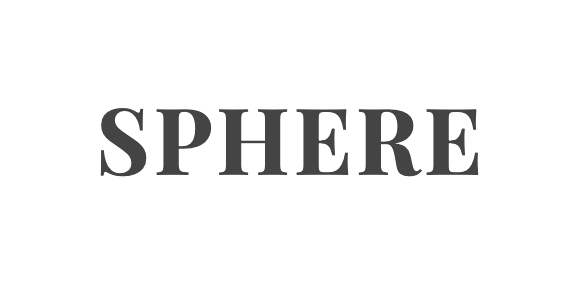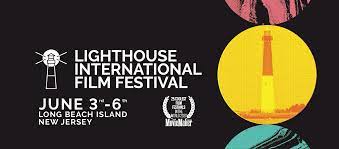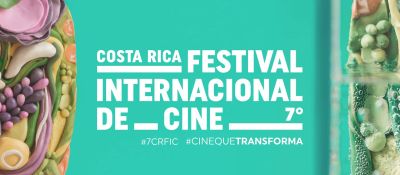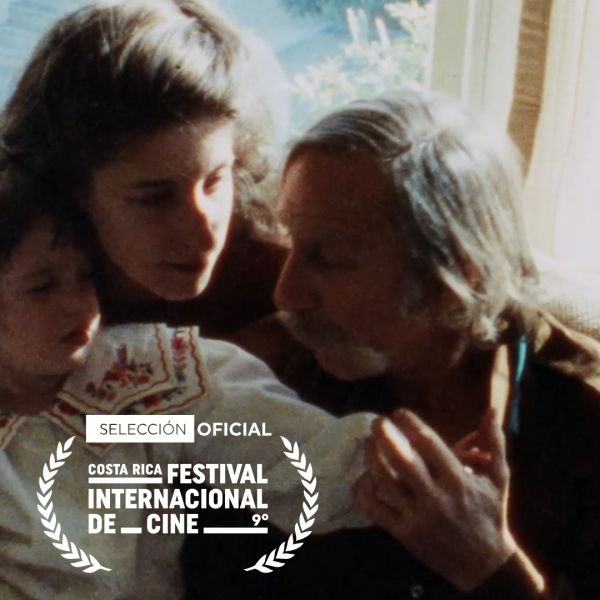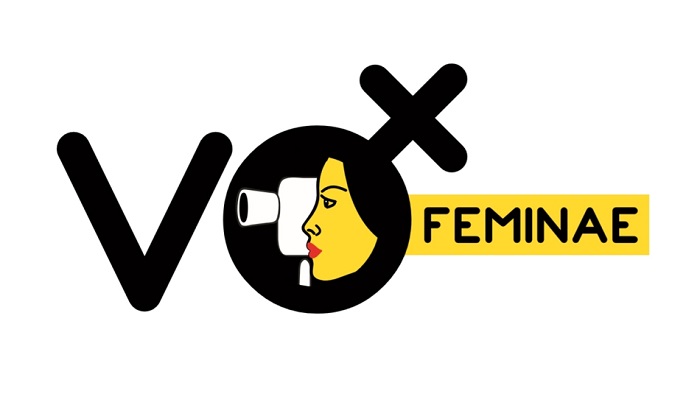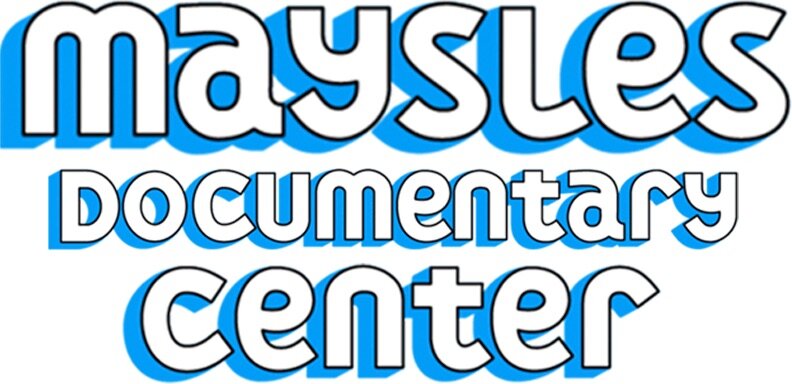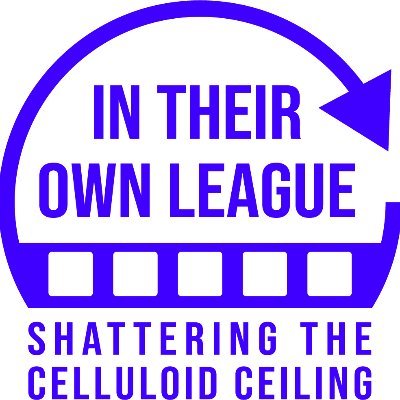Sentieri Selvaggi
June 24, 2021
by Veronica Orciari
https://www.sentieriselvaggi.it/pesaroff57-incontro-con-luca-ferri-e-lynne-sachs/

The Bergamo director is in competition with a film dedicated to the monumental Brion Tomb by the architect Carlo Scarpa, also the work of the American director Lynne Sachs
“Postmodernism is evil, it is betraying all the rumors that were there before you, it is making a smoothie without putting anything personal in it” . Luca Ferri likes to provoke, there is no doubt. In competition with the thirteen-minute short film Mille Cipressi, the director explained its genesis and realization, also discussing the relationship between classicism and modernity. “When I went to the Brion Tomb for the first time I did not have a defined architecture in front of me and in fact I was unable to collect it all in the film” , said Ferri regarding the monumental building by the Venetian architect Carlo Scarpa, located in the cemetery of San Vito, in the province of Treviso. The short is punctuated by a female voice, that of Assila Cherfi, already present inColombi: “I wanted the words to break away from the“ Scarpa man ”, using a female voice I wanted to enter a territory of non-emulation, to take the text to another level”.
UNICINEMA – A NEW UNIVERSITY IDEA
“One of the things I share most about Scarpa’s speech is the criticism of everything that doesn’t fit into the classic. I find a lot of my vision in it, in my opinion there is no new, there is no experimentalism. There is only the possibility of entering a classic canon with its own style. ” Ferri did not mince words to describe his idea of cinema, a cinema (indeed, an art in general) that must necessarily deal with what preceded it: “You have to be aware of the past, a word that in this contemporaneity seems to be a dead word ” . According to the filmmaker, Scarpa’s thinking is lucid and theoretical and his architecture reflects the consequences and in this sense he is very close to this approach.
However, architecture is an element that needs time to be understood and admired, in this regard the director said he was amazed to have one day seen a group that remained inside the Brion Tomb for only 15 minutes. “I found it absurd, for art it takes time. Having made this film myself, I feel I have been disrespectful of a place that deserves even more time. This hit and run of culture is no good. ” Speaking of his cinema, Ferri concluded:“I believe that in all my films there is the comic, not the ironic. In serious and busy cinema, the comedian is always pornographic, it always seems that laughter, especially fat laughter, demeans you. Just think of experimental cinema, how seriously certain authors are taken. Experimental cinema adheres to the genre and for me it is reprehensible. “
The meeting was concluded by another protagonist of this year’s competition, Lynne Sachs, with her Film About a Father Who . An intimate and personal film about an important father figure, influenced by Film About a Woman Who , by filmmaker and choreographer Yvonne Reiner. “This film is an attempt to understand what it means to try to be a man today, putting anger on one side and forgiveness on the other,” said Sachs, who also explained how for her the reflection on the parent-child relationship is a constant in his life.“There were aspects of my family that I wanted to investigate, although there was a sense of ambivalence and shame inside me, there was an unease that needed to be analyzed. I have allowed myself to be vulnerable in two senses: form and content. Looking at my 80s footage I thought they looked awful when compared to the clean high definition images. But on the one hand we got tired of clean images and I’m happy to have embraced this work. “

